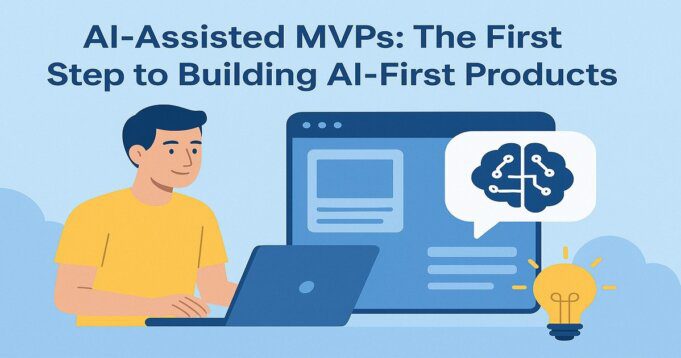Cloud technology has revolutionized Android app development, enabling developers to create powerful, scalable applications that transcend traditional hardware limitations. With over 2.5 billion active Android devices globally and 3.5 million apps on Google Play Store, cloud infrastructure provides essential capabilities for modern mobile development.
Core Advantages of Cloud Technology
Cloud platforms from Google Cloud, Amazon Web Services (AWS), and Microsoft Azure offer comprehensive solutions addressing computational complexity, data storage, and real-time processing challenges in mobile application development.
| Capability | Benefit |
|---|---|
| Performance Scalability | Offloads complex tasks to remote servers, reducing device strain |
| Data Synchronization | Real-time updates across multiple devices |
| Security Framework | Advanced encryption and threat monitoring |
| Analytics Integration | Sophisticated performance tracking and user behavior analysis |
Enhanced Performance
Cloud computing enables applications to offload complex computational tasks to remote servers, allowing even lower-end Android smartphones to run sophisticated applications. Photo editing apps, for example, can perform advanced image processing in the cloud, delivering high-quality results without straining device hardware.
Real-Time Synchronization
Cloud-powered Android applications enable instant data synchronization across devices. Productivity applications like Google Docs and collaboration platforms such as Trello exemplify this capability, ensuring continuous workflow between smartphones, tablets, and desktop environments.
Emerging Technology Integration
Key Technologies
- Internet of Things (IoT) device connectivity
- Edge computing for reduced latency
- AI-driven personalization
- Advanced machine learning integration
- Comprehensive data analytics
Implementation Best Practices
Successful cloud integration requires strategic planning:
- Select cloud providers based on scalability and security requirements
- Optimize data transfer efficiency to reduce bandwidth costs
- Implement robust API security protocols
- Design offline-capable applications for connectivity interruptions
- Monitor performance metrics continuously
- Ensure cross-platform compatibility
- Implement end-to-end data encryption
Industry Applications
| Sector | Application |
|---|---|
| Healthcare | Telemedicine platforms with secure cloud infrastructure |
| Finance | Mobile banking with real-time transaction processing |
| Entertainment | Streaming services with personalized recommendations |
| E-commerce | Dynamic inventory management and UX optimization |
Future Developments
Android development’s future increasingly relies on cloud technology capabilities. Anticipated advancements include:
- More sophisticated AI integration for contextual awareness
- Enhanced edge computing reducing response latency
- Improved IoT device ecosystem interactions
- Intelligent, predictive application behaviors
Strategic Advantage: Businesses and developers who strategically embrace cloud technologies position themselves to deliver innovative, efficient, and future-ready Android applications in an increasingly digital landscape.
Cloud technology has become indispensable for modern Android development, providing scalable infrastructure, advanced computational capabilities, and robust security frameworks that enable sophisticated mobile experiences meeting evolving user expectations.

